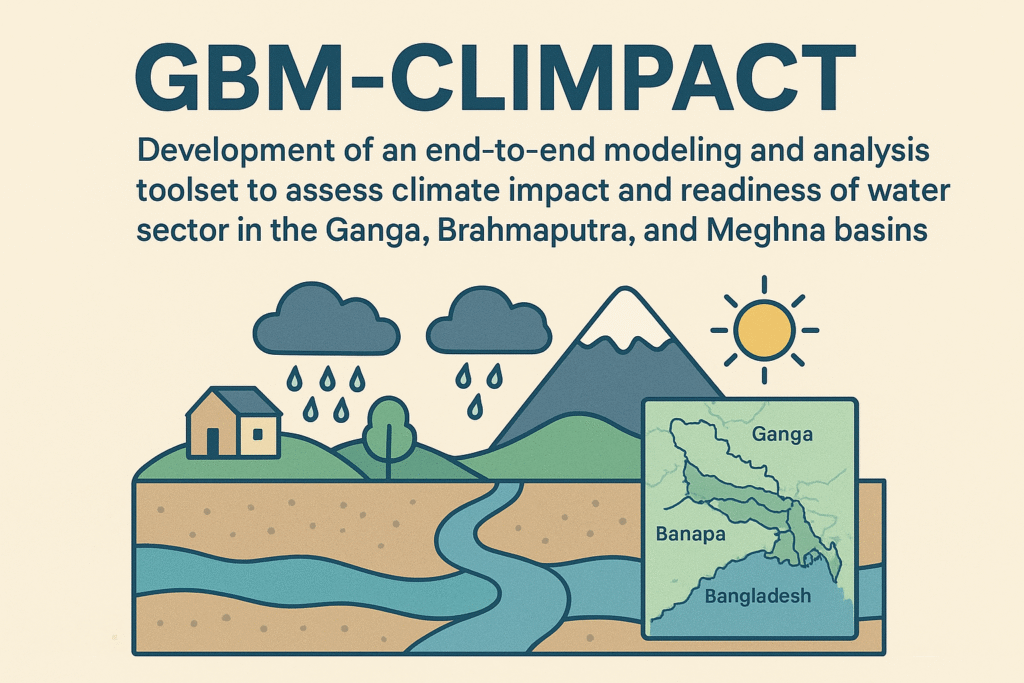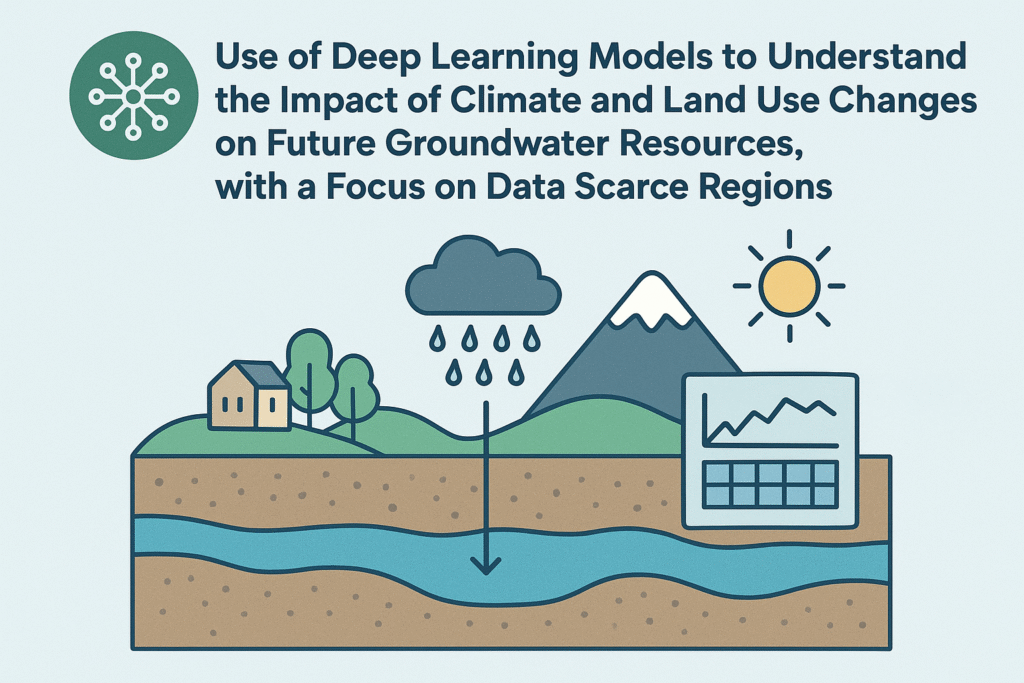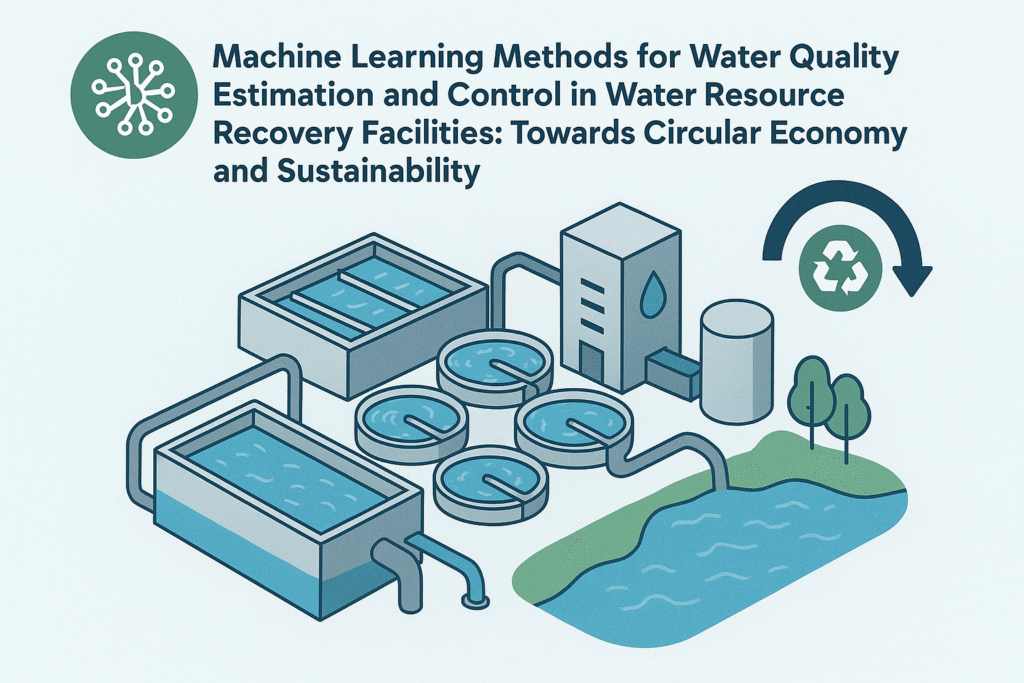ABOUT THE PROJECT
This research project seeks to develop innovative solar energy to support water treatment in remote and low resource settings.
NOTABLE ACHIEVEMENTS (November 2016)
- Researchers have developed an innovative, low-cost method of building large area quantum dot solar cells that have potential to be integrated with water treatment systems in remote areas and off-grid communities.
- The innovative low-cost material processing platform has resulted in 2 patents awarded and 7 more patents filed.
- Since completion of the project, researchers have further optimized the colloidal quantum dot solar cells which led to a new world-record of colloidal quantum dot solar cell power conversation efficiencies of 11.3% that was independently verified and published by the National Renewable Energy Laboratory (NREL)
RESEARCH ABSTRACT
This project will address an important challenge within the IC-IMPACTS strategic area of Integrated Water Management through the creation of a renewable energy source that can deliver the power needed for potable water treatment in remote settings at low cost. Off-grid power is a critical factor in enabling water treatment in remote and low resource settings where a dependable electricity supply is often hard to find – applicable to communities in both India and rural Canada. However, such power is one of the main contributors to the cost of water treatment.
Colloidal quantum dots (CQDs) are semiconductor nanoparticles synthesized in, and processed from, the solution phase. Solution processing enables low cost, high throughput manufacturing onto flexible substrates using spray or slot-die coating with roll-to-roll printing. We have demonstrated the first tandem quantum dot solar cell based on a multiple absorbing layers of tuned quantum dots (Wang et al., Nature Photonics, 2011) and have driven efficiencies up to 7% certified externally (Ip et al., Nature Nanotechnology, 2012).
We will leverage these advances to scale up our solar cell technology for in-field demonstration with a water treatment system through IC-IMPACTS. In collaboration with the Integrated Water Management team, and partner communities in India and Canada, we will build, test and demonstrate the viability of our solar technology for off-grid power.
Project Team
Dr. Edward Sargent, University of Toronto
Dr. Xihua Wang, University of Alberta
Partners
University of British Columbia
Brick and Byte Innovative Products Pvt. Ltd.
Current Number of Students: 16
Key Outcomes
Publications 17
Presentations: 3
Patents: 9



